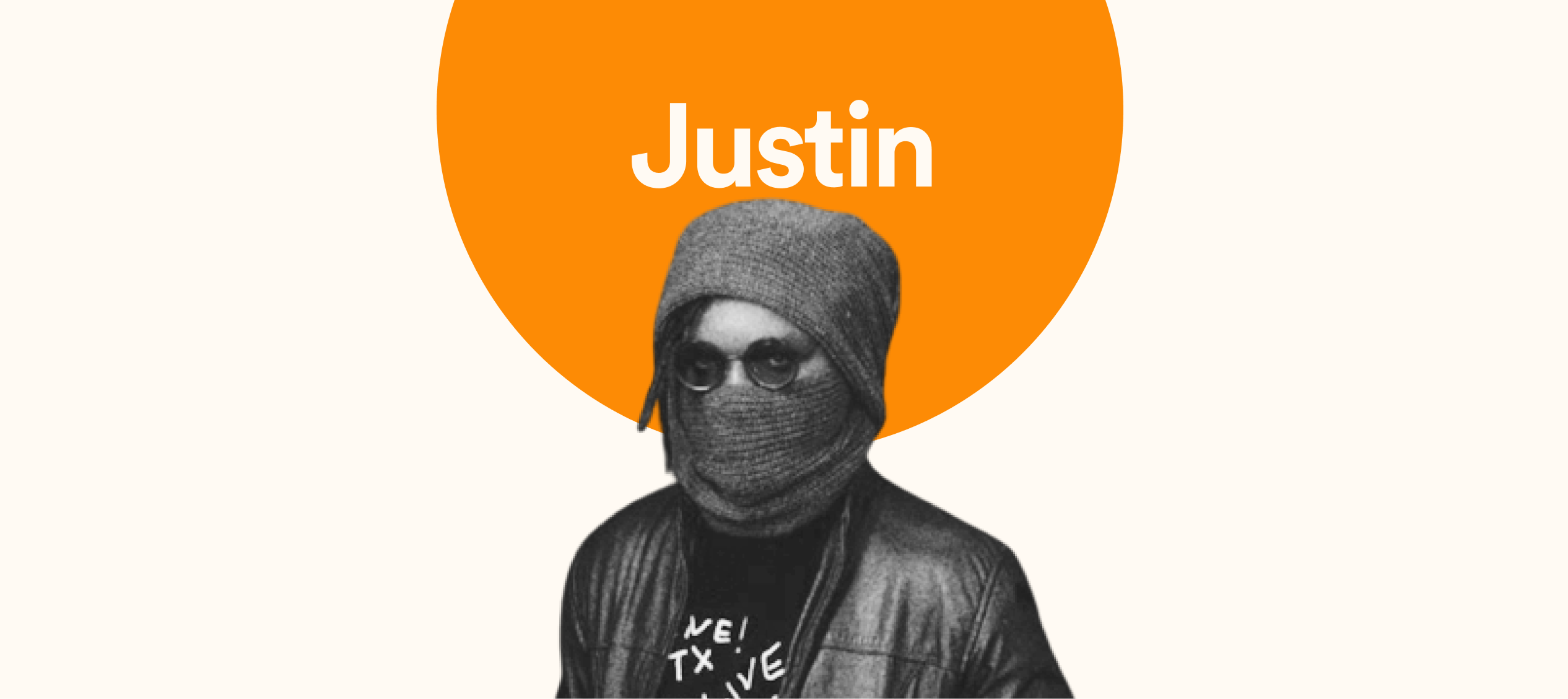Have you ever been your family’s ATM? You work so hard to make money, but you end up being unable to spend the money on yourself or even save and invest because you have to pay your sibling’s school fees, your parents’ house rent, and the hospital bills of extended family members? We spoke to Justin, a software engineer living in Nigeria, about his experience with black tax.
Hi Justin, What’s the first thing you ever did to make money?
The first thing I did to make money was sell Kerosene. I think I was in primary school; my Uncle gave me N500. My Dad challenged me to see how long it would take me to finish the money, so I told my Mum that I wanted to manage it well. She suggested I grow the money instead, so I bought a gallon of Kerosene. When I got to school, I told my friends that I was now selling Kerosene, and they started patronizing me. I started making profit; from one gallon, I had two, then three…
That’s Interesting. What did you spend the money on?
Unfortunately, I didn’t spend it on anything because the money got stolen by a relative.
Yikes. Sorry about that. Speaking of relatives, what’s your opinion on black tax?
I honestly have a lot of opinions about the black tax. But generally, it’s when parents cannot take care of their children to term, which means that the overhead of taking care of yourself and your family starts way too early. So you have young people who should be getting financial support from their families, rising to the occasion of meeting family needs very early.
This process stunts their potential because if you don’t have the flexibility and optionality as a young person very early in life, you can’t take many risks or make many iterative steps towards improvement. So you have a 21-year-old young adult who just finished University and has gotten a desk job at a startup, and now they’re sending money back home for younger siblings, grandmother’s health, and things like that.
The implication is that it messes with your ability to grow your wealth; it constantly depletes your savings. I used to feel guilty saving money, knowing that there was a family member who needed money, so for a long time, I couldn’t save.

What was your first experience paying black tax?
I got my first job 11 days after graduating. I remember negotiating the salary at the time, which was N50,000(~$33). From my first paycheck, I started sending N15,000 home. So yeah, I started paying black tax immediately after getting my first job.
That’s quite early. Did this make you feel resentful?
Yeah, I felt resentful because it didn’t feel fair that I was working hard to make barely enough money for myself, and now it had to go to other people. But over time, I came to embrace it; this started happening several years later when I saw my siblings finish school and say things like, ‘The reason I finished school was because of Justin.’
It felt good to see that the impact lived on long after the money left my account, which was encouraging. But then again, somebody told me very recently that I have a more positive attitude towards it because I earn more now, which is a very fair point; I’m no longer resentful because It’s no longer painful.
What are your thoughts on saying No sometimes?
This is a very delicate question, and that’s because this is your family. It feels insensitive to say No. I understand it’s also very tempting to say No because sometimes, some demands seem unreasonable. There have been many times when I’ve wanted to say No, but I always feel bad afterwards. Overall, both sides must have a decent level of empathy and respect.

Want to listen in on the whole conversation with Justin? We had an hour-long Twitter space where we talked about black tax. Listen here
RELATED ARTICLES
Taking Up The Role of A Father and Firstborn at 19
How Self-love Drives me To Build Wealth
Paycheck to Paycheck: Beating Lifestyle Inflation

Send and receive money across Africa and the US with ease!
